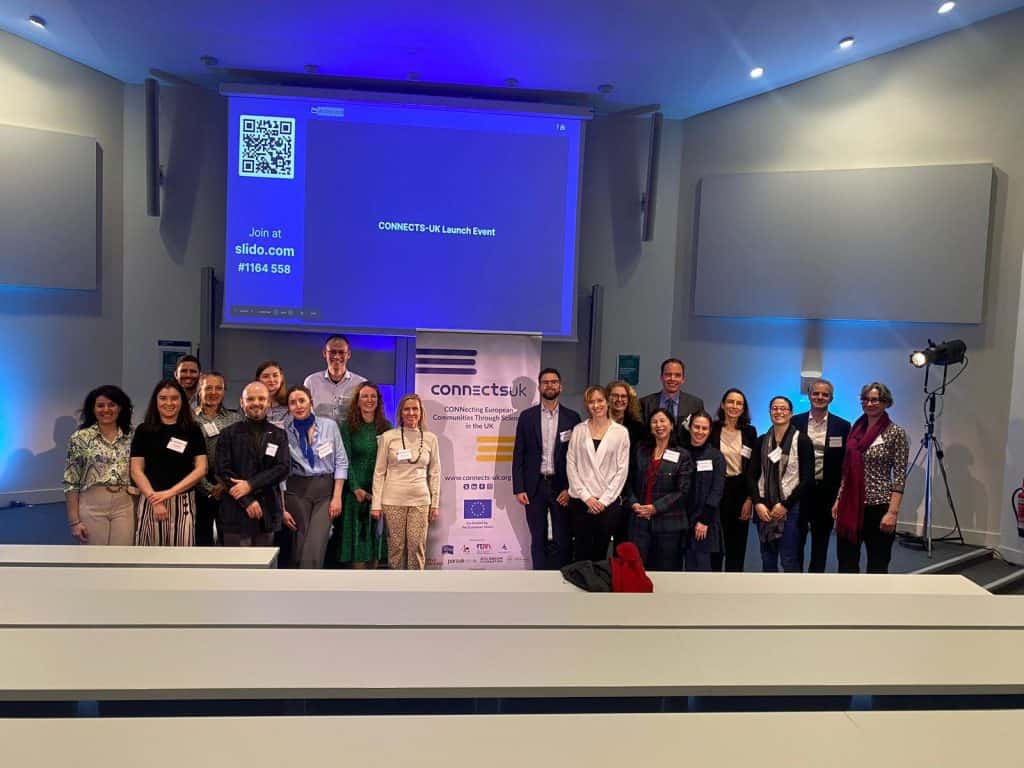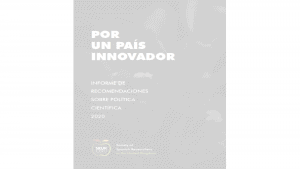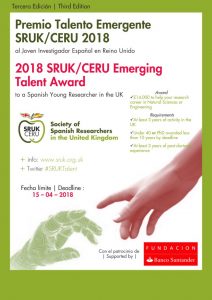“The EU-funded project CONNECTS-UK will contribute to closing the gap between science and politics” – Declares Sara Cerdas, Member of European Parliament at the launch event of CONNECTS-UK
Summary
- More than 180 people attended yesterday the launch event of the EU-funded project CONNECTS-UK at Imperial College London, with more than 80 additional attendees following the event online.
- CONNECTS-UK is the first pan-European project in the UK aimed at fostering scientific collaborations between the EU and the UK, led by the community of European researchers working in the UK.
- CONNECTS-UK focuses on growing the network of EU researchers in the UK, undertaking research, providing science policy advice, and communicating science to younger audiences. It kicks-off at an optimum time, following the UK successfully re-joining Horizon Europe.

During the event, co-funded by the European Union and sponsored by Fundación Banco Santander, relevant scientists and academics members of the consortium CONNECTS-UK presented the activities and objectives of the project to EU researchers in the UK, as well as to key stakeholders such as scientific attachés, universities, students, journalists, schools, and all those interested in the project.
In the opening session Hugh Brady (President of Imperial College London) declared that “Global collaboration is essential for world-changing science and programmes such as Horizon Europe enable the best scientists from the UK and Europe to share ideas and work together on new discoveries and breakthroughs. Imperial is committed to strengthening our partnerships across Europe and supporting scientists to grow their networks and collaborations”. Nicole Mannion (Deputy Head of the EU Delegation to the UK) stated that “The CONNECTS-UK project sets out a platform to advance scientific EU-UK collaborations based on people-to-people exchanges, networks, also benefiting from the robust community of EU citizens in the UK and the potential of young people. It is an important and very welcomed project to enable all the EU scientific diasporas to engage on common challenges and promote joint solutions”.
In his presentation, Javier Pardo Díaz (Chair of the CONNECTS-UK Coordination Board and Vice-President of the Society of Spanish Researchers in the United Kingdom, SRUK/CERU), shared the objectives and activities of the project. He declared that the CONNECTS-UK project aims to bring together the EU research community in the UK, advocate for the interests of such a community and for EU-UK research collaborations, and bring scientific knowledge closer to society. “This project builds on the experience acquired by our individual organisations for over more than 10 years but we are willing to grow by contributing to the establishment of new organisations and start new collaborations”, he added.
During her key-note talk entitled Trust in User-generated Evidence: The TRUE project, the European Research Council (ECR) grant holder Yvonne McDermott Rees (Swansea University/Prifysgol Abertawe) presented some early insights from the TRUE project, a large multi-disciplinary project which seeks to explore the impact of the rise of deepfakes and synthetic media on perceptions of photographs and videos depicting mass human rights violations.
At the discussion panel “CONNECTS-UK: Research shaping policy” Sara Cerdas (Member of European Parliament), stated that “ We need more evidence-based politics, and for that, the gap between science and policy and politics needs to close. For that furthering cooperation, attending to also what is going on in the different parliaments is crucial to address the different global challenges we face”. Agata Nyga (Research and Policy Lead of Polonium Foundation), Carla Molteni (President of the Association of Italian Scientists in the UK, AISUK) and Diogo Martins (President of the Portuguese Association of Students and Researchers in the UK, PARSUK) highlighted the impact that CONNECTS-UK will have in contributing to ease EU-UK research relations and international mobility. “We will carry out research to better understand who our community of EU researchers in the UK are, what motivates and concerns them, and be better equipped to represent their interests. Alongside this, we will help guide prospective EU researchers who decide to make the UK their home and grow their careers here” declared Martins. Isabel Allgeyer (Deputy Director Research Talent & European Programmes in the Department for Science, Innovation and Technology, DSIT) highlighted the importance of promoting communication between policy-makers and researchers especially now after the UK rejoining Horizon Europe.
The discussion panel “CONNECTS-UK: Building connections” was chaired by Minh-Hà Pham (Scientific Attachée at French Embassy in the UK), who declared that “the good practices of the diasporas of the Member States are catalyst to stimulate new multilateral collaborations supported by EU programmes. CONNECTS-UK is precisely the place to develop these multi-level links for the benefit of Member State researchers in the UK”. Anna Napolitano (Blog & News Chief-Editor, Native Scientists) and Jean-Christophe Mauduit (Member of the Board of the French Education and Research Network in UK, FERN-UK) explained that the project will serve to give visibility to the work done by EU researchers in the UK, organise outreach symposia on specific topics and science workshops for children. Dajana Dzanovic (Head of Global Research and Innovation Policy, Universities UK International) underlined the personal impact that personal connections bring and how, in most cases, these drive professional careers and partnerships, strengthening ties between EU and UK. Leire Leguina (Science Diplomacy Officer, Spanish Foundation for Science and Technology, FECYT) stressed that “fostering networks within the European scientific diaspora is crucial for promoting collaborative research across various fields, encompassing not only natural and technical sciences but also social sciences and humanities. By endorsing and nurturing these networks, we advocate for a collective effort to push the boundaries of knowledge”.

The next event of the partnership will take place in May and will give the opportunity to EU researchers based in the UK to present their work to a broad audience. Further details will be announced soon on the CONNECTS-UK website and its social media.
About CONNECTS-UK
CONNECTS-UK stands for ‘Connecting European Communities Through Science in the UK’ and is a pioneering pan-EU platform that aims to advance scientific collaborations between the European Union (EU) and the United Kingdom (UK) in the post-Brexit context. The initiative brings together scientific diasporas from Finland, France, Italy, the Netherlands, Poland, Portugal, and Spain, and the non-profit organisation Native Scientists to foster cross-border research, promote knowledge exchange, and drive innovation. CONNECTS-UK serves as a catalyst for groundbreaking scientific collaborations and partnerships in diverse fields of study. The EU funding of around half a million euros not only reflects its commitment to advancing scientific progress but also underscores the importance of maintaining robust research ties between the EU and the UK despite the challenges posed by Brexit.
By creating a robust framework for cross-border collaboration, CONNECTS-UK will enable scientists, researchers, and innovators to overcome the barriers created by Brexit and tap into the vast wealth of expertise and resources available in both the EU and the UK to jointly tackle pressing global challenges.
CONNECTS-UK is a partnership, open to new collaborators. The associations currently involved are the following:
- Association of Italian Scientists in the UK (AISUK)
- Dutch Academic Network in the UK (DANinUK)
- Finnish Science Society in the UK
- French Education and Research Network UK (FERN-UK)
- Native Scientists
- Polonium Foundation
- Portuguese Association of Researchers and Students in the UK (PARSUK)
- Society of Spanish Researchers in the UK (SRUK/CERU)
For more information, please visit CONNECTS-UK’s website and their social media: Twitter/X, LinkedIn, Facebook, and Instagram.




